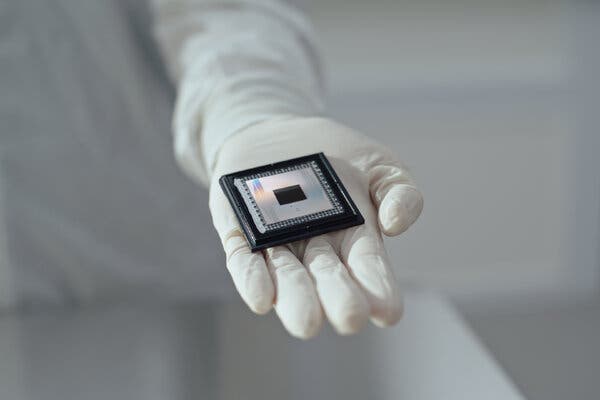In 2019, a team of Google researchers said they had built a machine capable of performing tasks that were not possible with traditional supercomputers. They described this machine, called a quantum computer, as a turning point in the evolution of information technology.
Some scientists disputed the claim. In the years since, as traditional supercomputers grew more powerful, they matched the feats of Google’s quantum computer.
On Monday, Google unveiled a new quantum computer that may end this back-and-forth race with traditional machines and that points to a future in which quantum computers could drive advances in areas like drug discovery and artificial intelligence.
Google said its quantum computer, based on a computer chip called Willow, needed less than five minutes to perform a mathematical calculation that one of the world’s most powerful supercomputers could not complete in 10 septillion years, a length of time that exceeds the age of the known universe.
Quantum computing — the result of decades of research into a type of physics called quantum mechanics — is still an experimental technology. But Google’s achievement shows that scientists are steadily improving techniques that could allow quantum computing to live up to the enormous expectations that have surrounded this big idea for decades.
